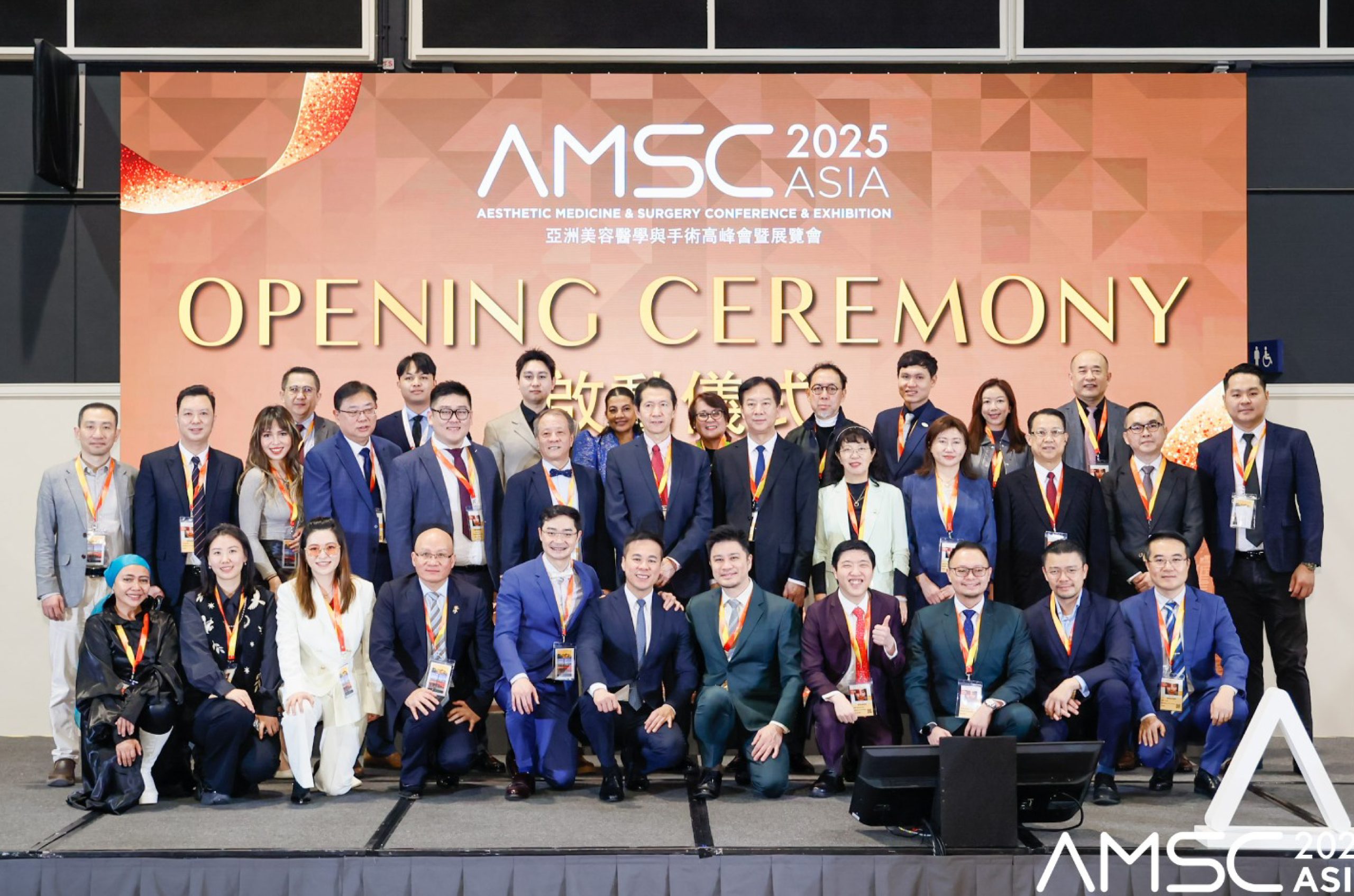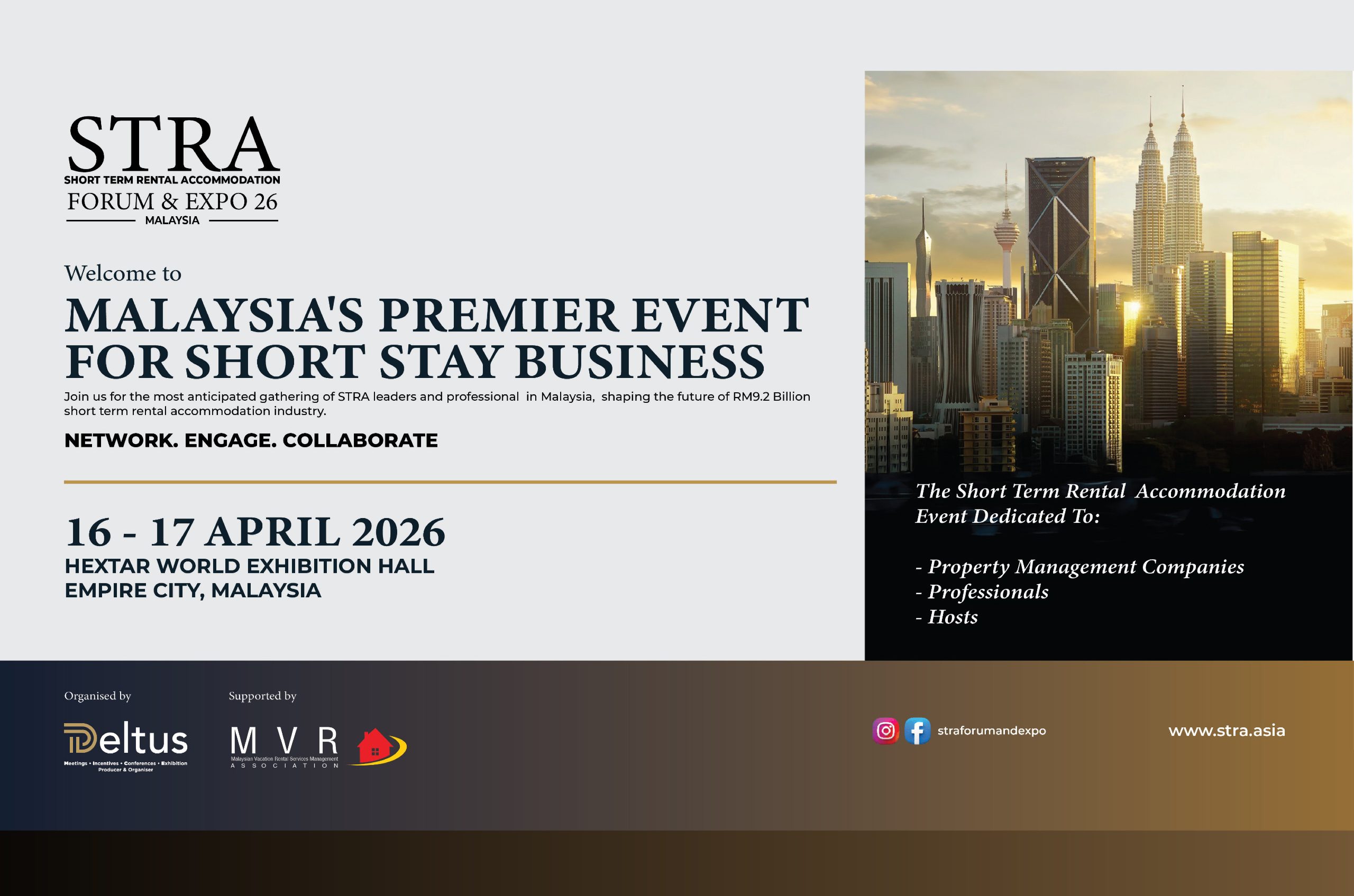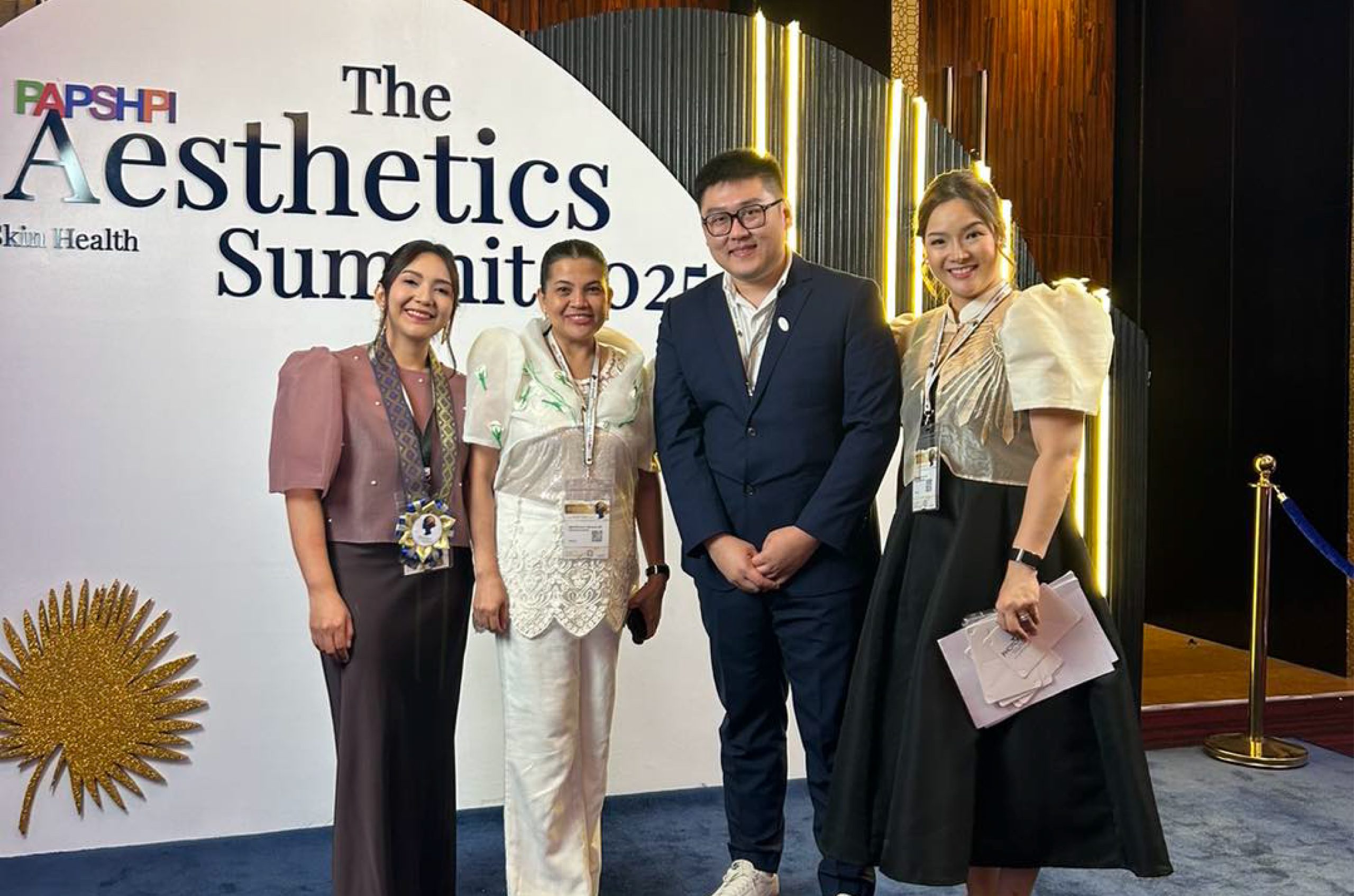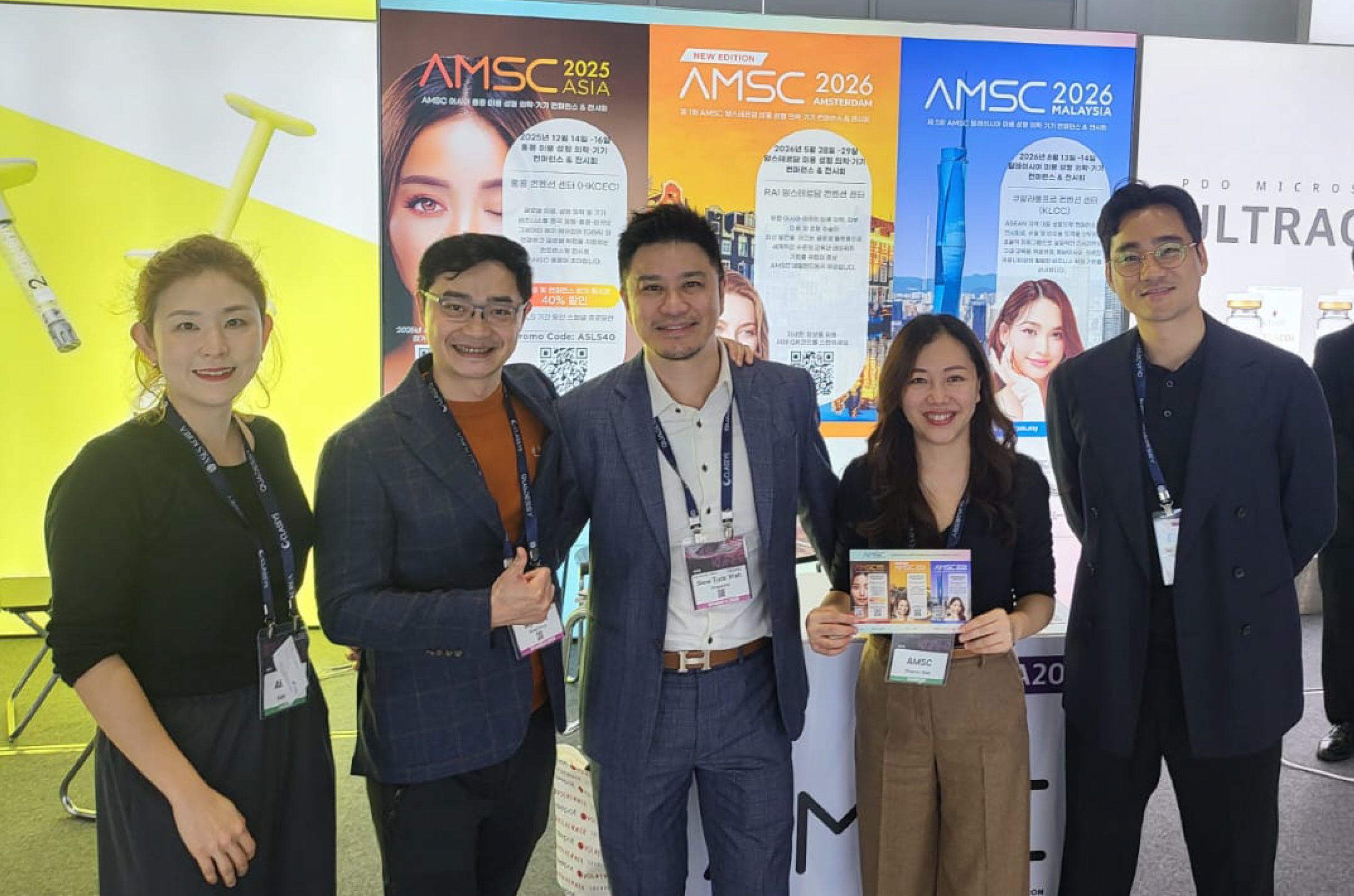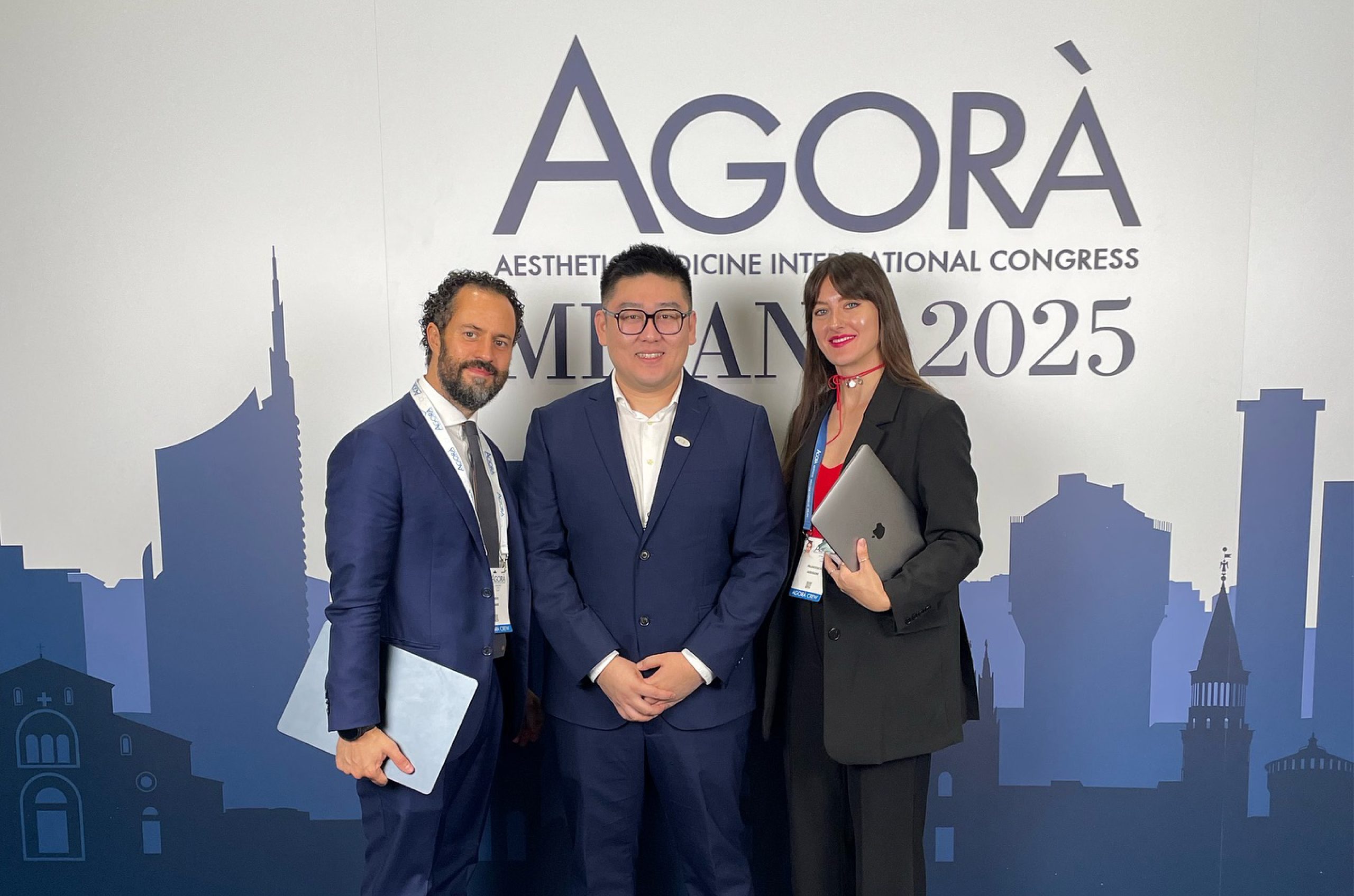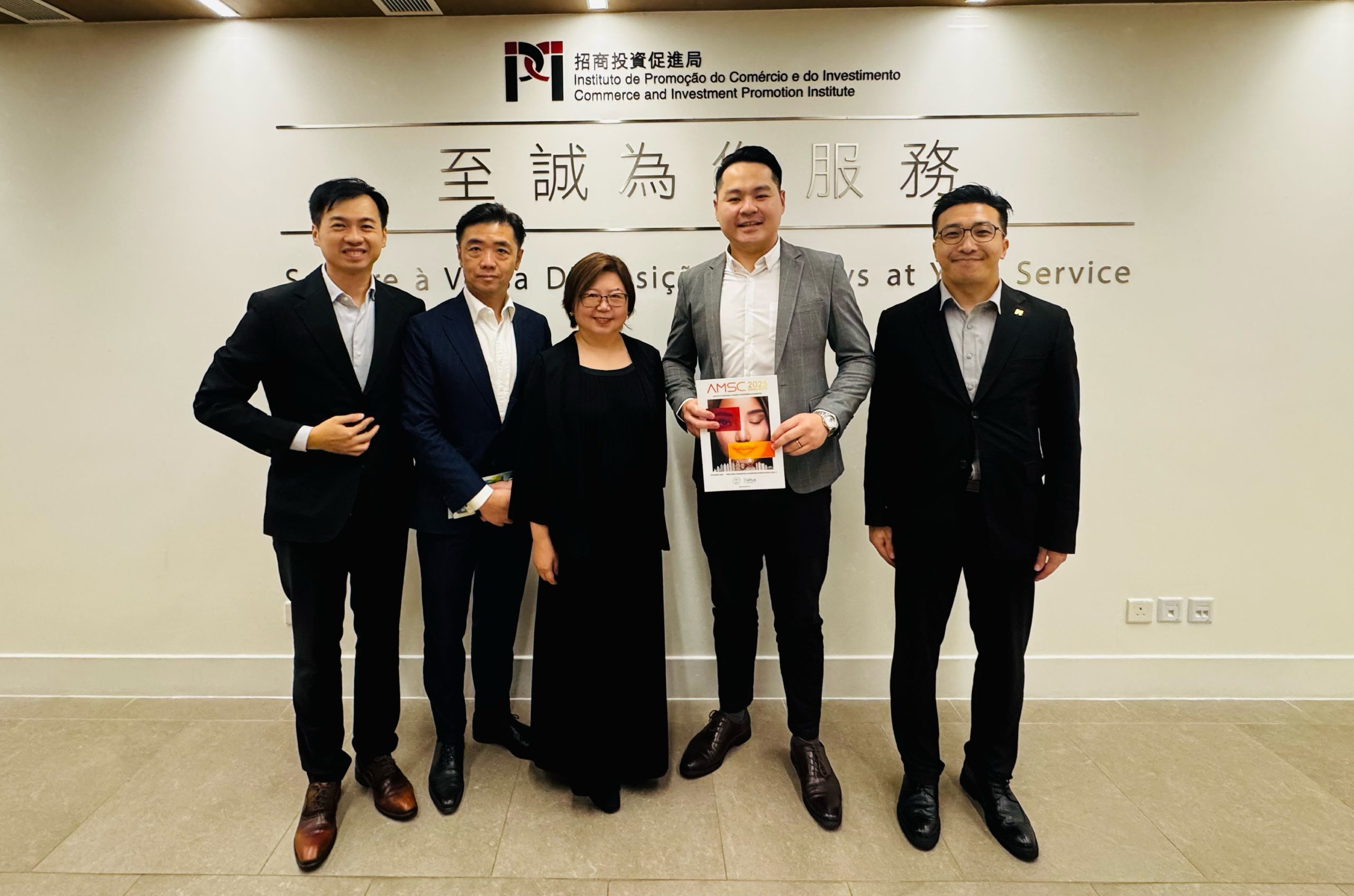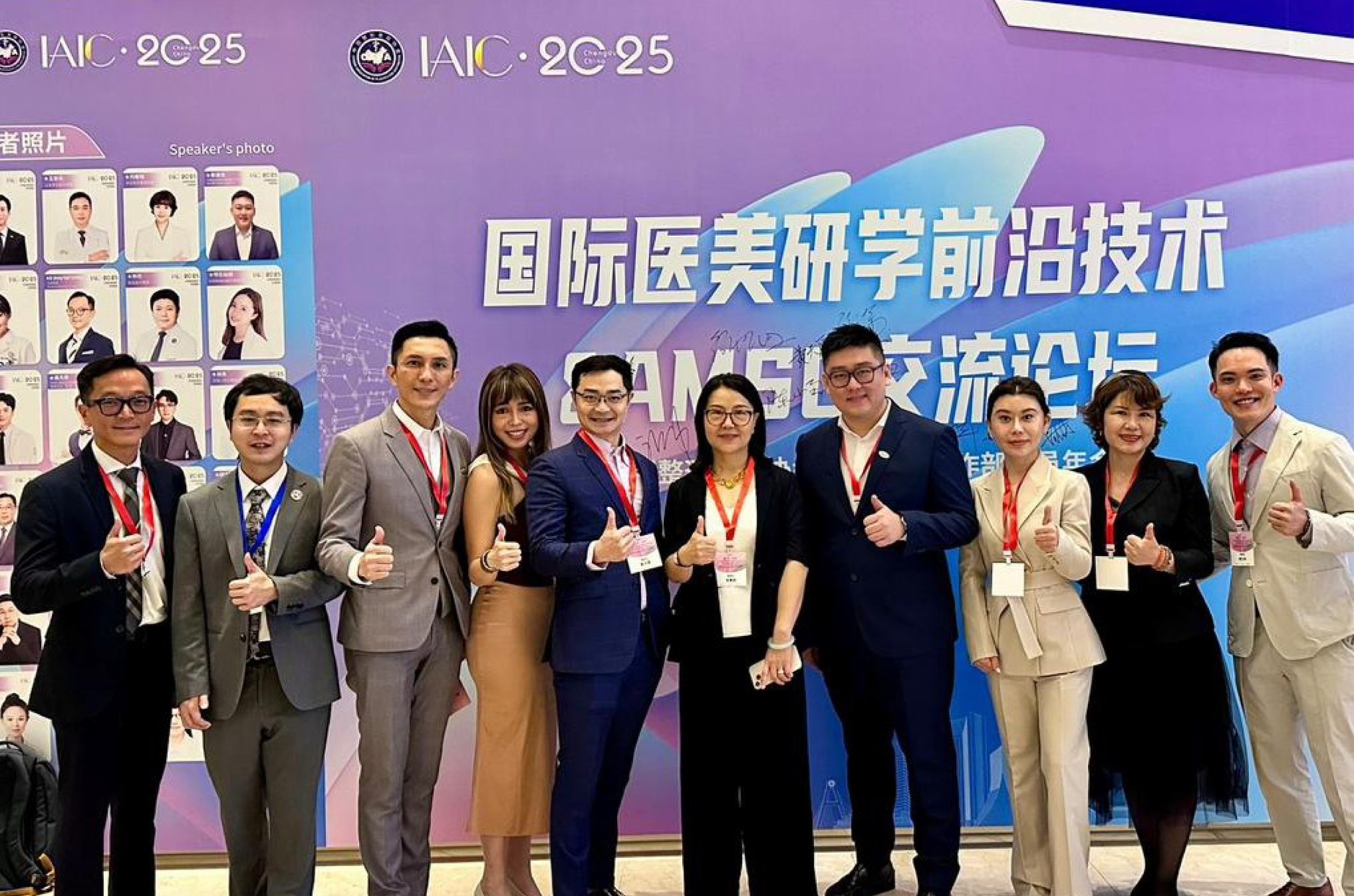The Shift Asia Hosts ESG for SME Forum on Earth Day
It Seeks To Empower & Inspire SMEs to Drive Sustainable Growth Through Real-World Success Stories – Highlighting the Balance of Profit and Purpose.

KUALA LUMPUR, Malaysia – April 22, 2025 – The Shift Asia successfully hosted its ESG for SME Forum 2025 on Earth Day at Xsolla Curine Academy, KL Eco City. It aimed to empower and inspire Malaysian SMEs (approximately 97% of businesses) to drive sustainable growth by showcasing the balance between profit and purpose through local success stories and expert insights. A key message highlighted is the crucial role of profitability in sustainable business.
Over 100 attendees explored the tangible benefits of integrating ESG principles into SME business models. The forum focused on the practical application of ESG for both sustainability and profitability, demonstrating the collective ROI for the environment, people, and businesses. The event aimed to inspire action, facilitate networking, empower SMEs with practical ESG strategies, and foster a community for positive impact.
“This forum went beyond the ‘why’ of ESG to demonstrate ‘how’ Malaysian SMEs can achieve sustainable growth while also driving profitability,” said Freda Liu, Co-Founder and Host of The Shift Asia and moderator of the event. “By bringing together the entrepreneurs and leaders who are leading the way, we aimed to provide actionable insights and inspire others to write their own unique success stories.”
Session I: Keynote – “NO ESG, NO MSG: Driving Multinational Sales & Growth Through Sustainability”



Guided by Dato’ Seri Michael Tio’s (DSMT), Group Chief Executive and Managing Director of PKT Logistics Group, “No ESG, No MSG” philosophy, DSMT stressed that ESG is not just ethical but a strategic necessity for global competitiveness and aligning profit with purpose. He highlighted PKT’s programs like Anak Belajar Ibu Bekerja (ABIB), an award-winning CSR program that offers job opportunities with flexible hours & skill-training to local mothers, and Gym A Day Off (GADO), to promote employee well-being.
Emphasizing the importance of a top-down approach to ESG, he addressed the common misconception of cost versus investment: “While profitability is essential for a sustainable business—enabling employee payment, consistent service/product delivery, and enriching experiences—high initial investment isn’t always necessary. Quick returns can be realized, such as the win-win of hiring local mothers with flexible hours. However, the full long-term benefits may take two to three years or more, underscoring that action with good intent is key. To do good sustainably nevertheless, you need profits.”
Outside of PKT, Dato’ Seri Michael Tio inspires entrepreneurs through the DSMT Entrepreneur Study Tour, sharing his insights on sustainable entrepreneurship.
Session II: “Out-Of-The Box Resilience: Re-Inventing Adaptive Business Models For Sustainable Success”


Brian Soo, Chief Innovation Officer at Fire Fighter Industry (FFI) detailed integrating digital transformation with ESG, emphasizing balancing digitalization with employee tech skills: “We have to find a middle ground – as not everyone in the company is tech-savvy, and we cannot just shun those who can’t keep up.”
Brian Soo explained how FFI leverages ESG for innovation in the regulated fire safety industry, viewing regulation as an opportunity. Examples include early e-commerce and unique marketing collaborations. He also discussed their EV fire safety solutions, stressing proactive risk management: “We were lucky to have this research done, and was one of the earliest to go to market with the solution, and now this product is required in every charging station in Malaysia.” He advised SMEs to “look at what other countries are doing, and think how we can localize it” for future opportunities.
Brian stressed engaging younger audiences on fire safety via platforms like TikTok with fun, engaging content: “ALWAYS READ COMMENTS… It’s important to know what people think of the company, and engage directly with them.” He also discussed FFI’s ESG integration into long-term planning for intergenerational sustainability, emphasizing “The people” and adapting to employee expectations.
Brian anticipated rising tariffs impacting fire safety and discussed their plans to convert materials from expired fire extinguishers into fertilizer.
Session III: “Taking the First Steps: A Practical Guide to Navigating Your ESG Journey”


Margie Ong (Founder of Thoughts in Gear) presented her #KnowPlanDoTell ESG framework for SMEs and highlighted the ASEAN Simplified ESG Disclosure Guide (ASEDG) for Malaysian SMEs in global supply chains – citing its clear, simplified approach to ESG reporting.
Regarding ESG in service industries like tech and AI, Margie advised: “Every business, regardless of industry, is unique. Focus on what you do best. Consider the impact and change your services create: Are you solving an everyday problem, and what is it? Are your services reducing the time burden on a particular person or community? Document these impacts”.
Session IV: “How to Start Scaling Your SME Through Strategic ESG Integration?”


Amanda Yeo Yan Yin, Co-Founder & Chief Sustainability Officer of Apex Noble, emphasized that strategic ESG integration is crucial for SME scalability and growth, driving competitive advantage. She cited Emerging EPC Sdn. Bhd. as a case study, where ESG and digital transformation led to revenue growth, cost savings, and stronger branding.
Amanda highlighted funding mechanisms for SME ESG initiatives. To secure financing, she stressed that companies should, “clearly define your objectives, build a strong business case for ESG, engage with financial institutions, and demonstrate transparent governance.” She also provided a roadmap for scalable growth, advising SMEs to define short-term and long-term ESG goals, develop action plans with KPIs, and set milestones.
Session V: Panel Discussion: “Profit with Purpose: Getting Started”


The panel session, “Profit with Purpose: Getting Started,” featuring Dr. Aaron Sum (Group Chief Strategy & Transformation Officer at Alliance Bank Malaysia Berhad), Tan Zhi Ying (Head of Programmes at UN Global Compact Network Malaysia & Brunei), Teresa Wong (Chief Risk Officer at Zurich General Insurance Malaysia Berhad), Dr. Avvari V. Mohan (Deputy Head (Engagement & Impact) at the School of Business, Monash University Malaysia), and Lim Chee Yoong (Managing Director and Member Of The Board of Directors at Thumbprints Utd Sdn. Bhd.), highlighted Alliance Bank’s “ESG 2.0” report titled “The Path to Sustainable Impact – Sectoral Insights of Malaysian SMEs”.
Panelists stressed ESG’s crucial role in SME competitiveness and supply chains, linking profit and sustainability.
Dr. Aaron Sum noted increased SME ESG adoption (60%, up from 28% in “ESG 1.0”), stating, “ESG doesn’t have to be complex and costly. When done right, it can be a source of competitive advantage.” He cited a textile SME’s water-saving nozzle experiment as an example of low-cost ESG adoption.
Tan Zhi Ying noted the increased interest in ESG: “A few years ago, it was actually so difficult to get people to come for our workshops, despite them being free. But now, more individuals and businesses are open and look forward to participating in this journey.” However, she highlighted that 37% of ESG adopters now find information overwhelming. Alliance Bank’s Sustainability Impact Programme (SIP) and PROGRESS tool address this.
Teresa Wong emphasized business protection: “We’ve seen how recent events have impacted businesses. It’s a stark reminder that owners and their employees have families who depend on them. That’s why having solid insurance coverage, including hospitalization care, is a fundamental responsibility.”
Dr. Avvari V. Mohan highlighted the event’s collaborative nature: “What we’re seeing here is a unique collaboration—you’ve got academia, financial institutions, insurers, sustainability practitioners, and businesses of all sizes coming together. This cross-sector dialogue is so important. We get a holistic view of how sustainability actually drives business value, a pivotal moment for collaborative, sustainable growth in our region.”
Lim Chee Yoong shared Thumbprints Utd.’s top-down ESG adoption. He emphasized their governance-first approach: “When I think of ESG, I believe that if the governance element is in place, the ‘E’ and the ‘S’ will follow.”
The Shift Asia gratefully acknowledges the support of its partners and sponsors:
-Venue Partner: Xsolla Curine Academy
-Gold Sponsor: Alliance Bank Malaysia Berhad
-Premium Gift Sponsor: Tanamera Tropical Spa Sdn Bhd



About The Shift Asia – Asia’s Podcast On ESG & Sustainability


The Shift Asia is a platform and podcast dedicated to redefining sustainability by sparking a mindset shift at the intersection of sustainability and business. Co-produced and co-owned by Freda Liu and Cloud E Sdn. Bhd. since 2023, The Shift Asia’s mission is to inspire sustainable practices and collective action for positive change. The platform delves into issues such as climate change, social justice, and the circular economy, offering insightful discussions, inspiring stories, and actionable advice focused on ESG and sustainability.
Through its content, The Shift Asia aims to:
-Raise awareness of pressing environmental and social issues.
-Inspire action by showcasing innovative solutions and success stories.
-Empower sustainable choices.
-Support sustainable business practices.


